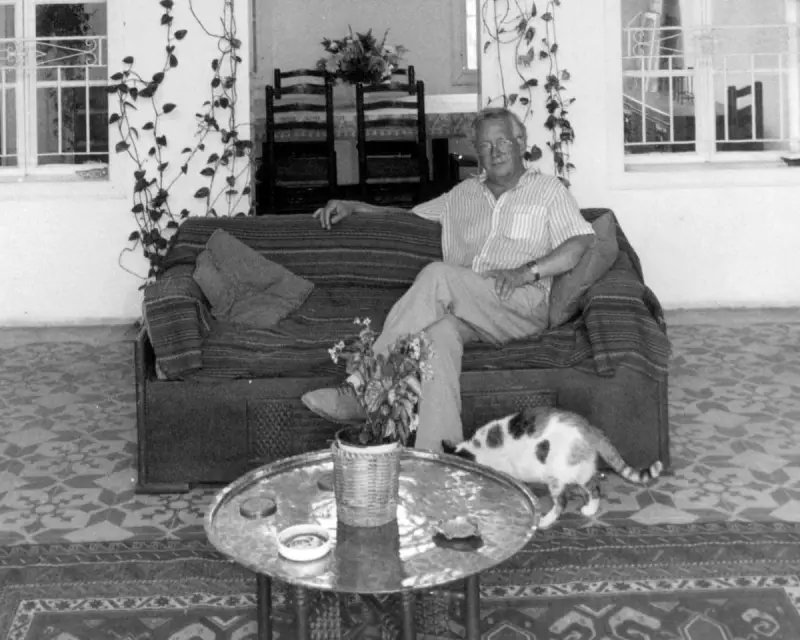
The world of international journalism has lost one of its most formidable voices with the passing of David Hirst, whose uncompromising coverage of the Middle East defined his remarkable 54-year career with The Guardian. Hirst died peacefully at his home in London on September 18th, aged 89, leaving behind a legacy that forever changed how Western audiences understood the complexities of the Arab world.
A Life Dedicated to Uncomfortable Truths
Hirst's journey into the heart of Middle Eastern conflicts began in 1963 when he joined The Guardian's foreign desk. His profound understanding of the region's political undercurrents quickly established him as one of Britain's most authoritative voices on Arab affairs. Rather than reporting from the safety of hotel bars, Hirst immersed himself completely in the communities he covered, earning both respect and occasional controversy for his deeply informed perspectives.
The Beirut Years: Witness to History
His most significant posting came in 1973 when he became The Guardian's correspondent in Beirut, a city that would become both his home and the backdrop for some of his most groundbreaking work. Throughout the devastating 15-year Lebanese civil war, Hirst remained at his post, documenting the conflict with a clarity and depth that few Western journalists could match.
His reporting was characterised by several key principles:
- First-hand experience: He believed in witnessing events directly rather than relying on official briefings
- Historical context: His analyses always connected current events to their deeper historical roots
- Giving voice to the voiceless: He prioritised stories from ordinary people affected by conflict
Controversial Stances and Lasting Impact
Hirst never shied away from taking positions that challenged Western orthodoxy. His critical perspective on Israeli policies and his early recognition of the Palestinian cause as a legitimate national movement often placed him at odds with mainstream opinion. Yet even his critics acknowledged the depth of his research and the consistency of his moral framework.
Literary Legacy and Later Years
Beyond his newspaper reporting, Hirst authored several influential books, including his magisterial work "The Gun and the Olive Branch: The Roots of Violence in the Middle East," first published in 1977 and updated multiple times. The book remains essential reading for anyone seeking to understand the region's enduring conflicts.
In his later years, Hirst continued to write and mentor younger journalists, always maintaining that understanding the Middle East required abandoning Western preconceptions and listening to what people in the region were actually saying about their own lives and struggles.
A Journalist's Journalist
Colleagues remember Hirst as a reporter of extraordinary courage and intellectual rigour. He survived numerous close calls during his career, including being shot while covering fighting in Beirut. His commitment to staying in the region during its most dangerous periods demonstrated a dedication to truth that transcended personal safety.
David Hirst's passing marks the end of an era in foreign correspondence. His work established a standard for depth, context and moral clarity that continues to inspire journalists covering the world's most complex conflicts. He is survived by his wife, two children, and a body of work that will inform and challenge readers for generations to come.






